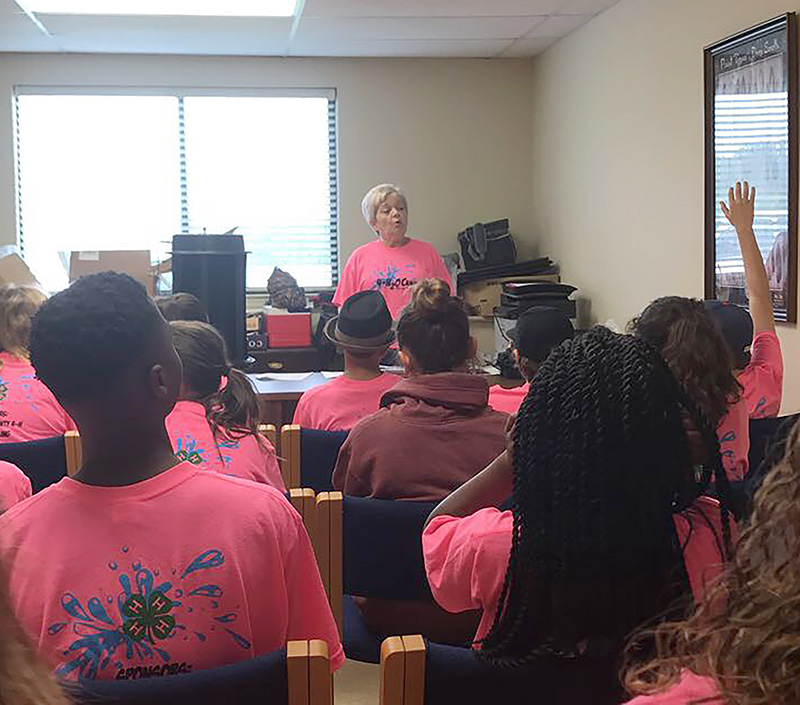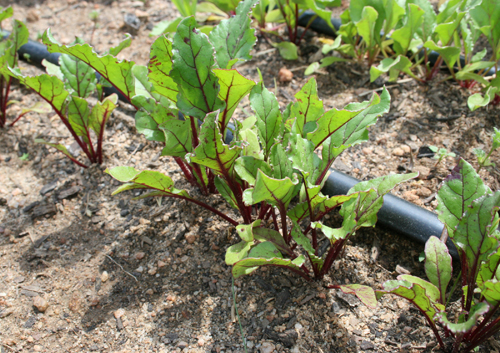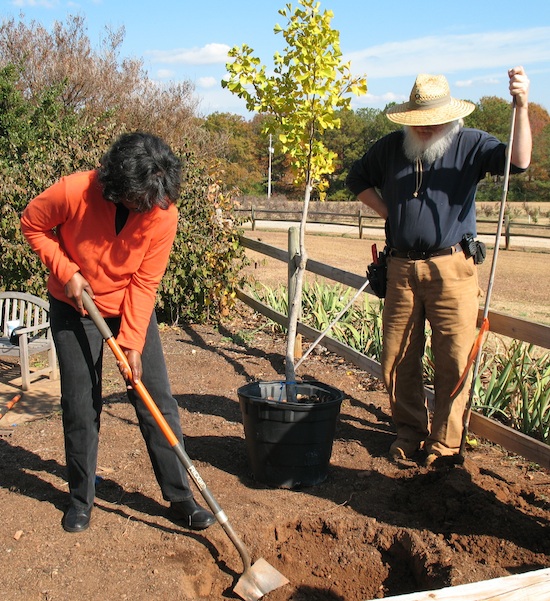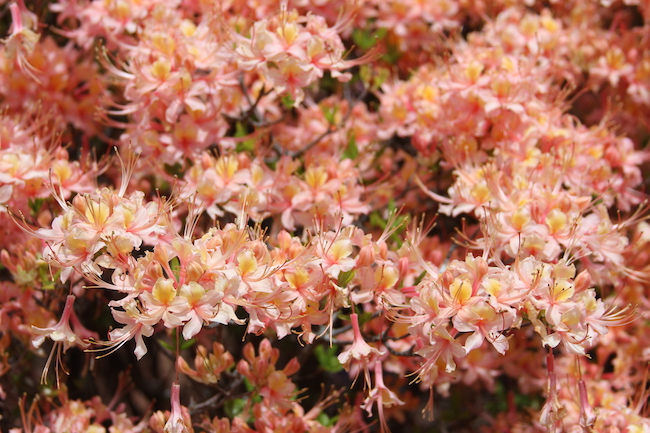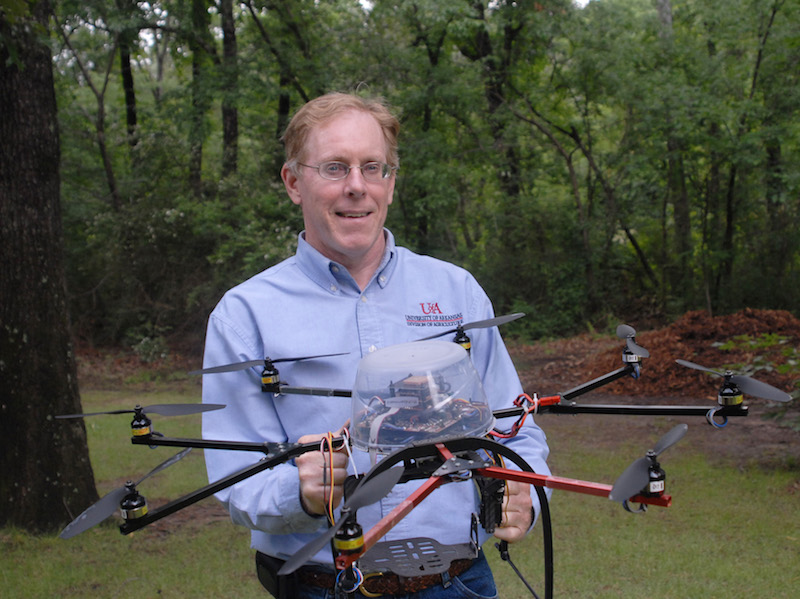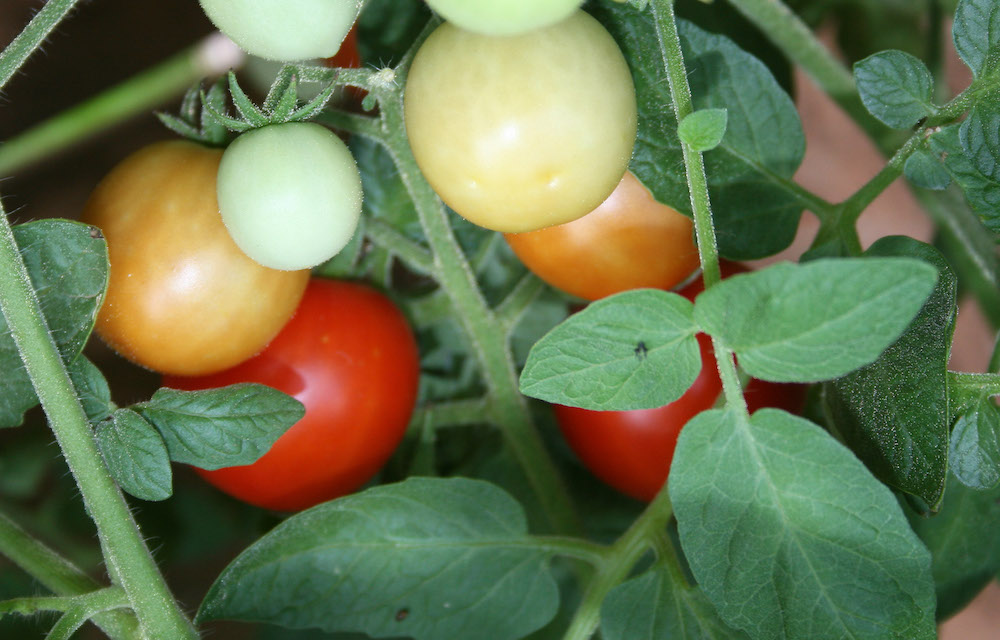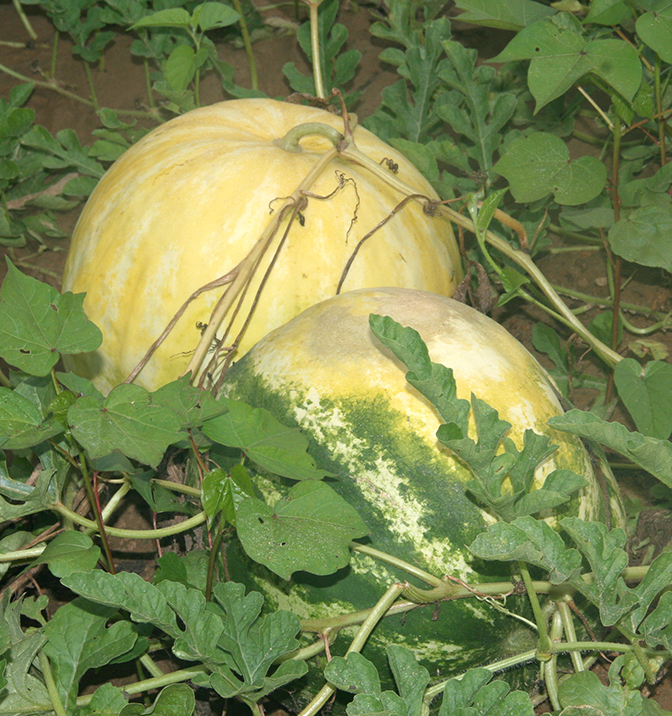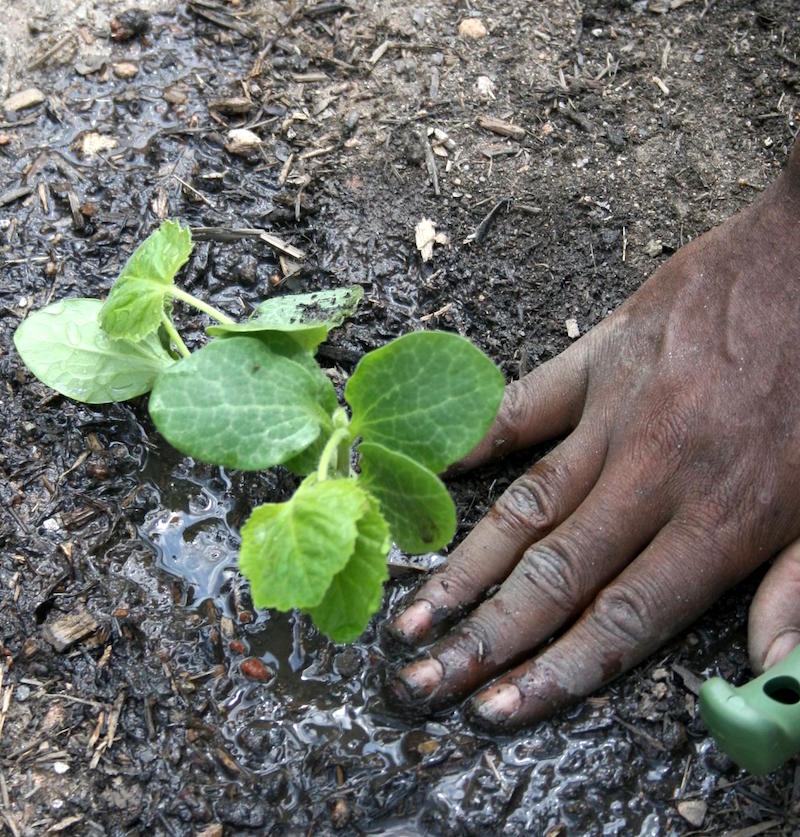 CAES News
CAES News
Soil Erosion
The key to successfully growing delicious vegetables is maintaining high-quality soil. We sometimes neglect to protect our soil, then rainfall comes and erosion carries our crops away. Erosion control is something that must be considered in gardens because it can protect the precious soils.

